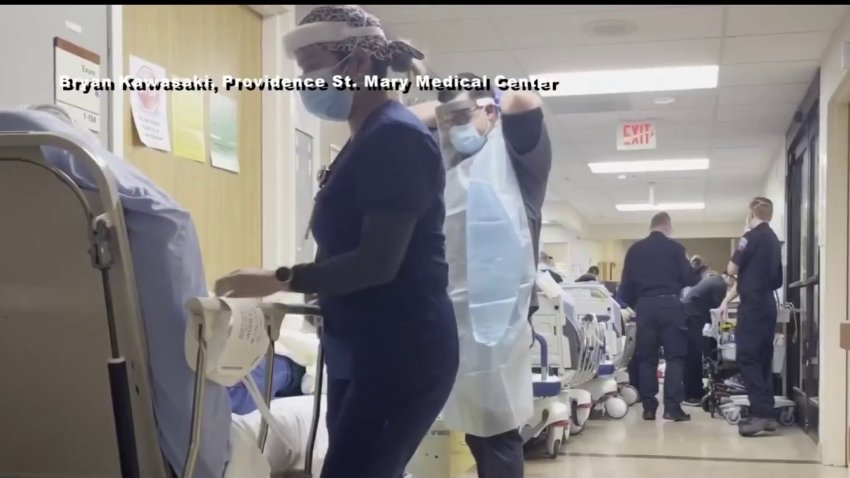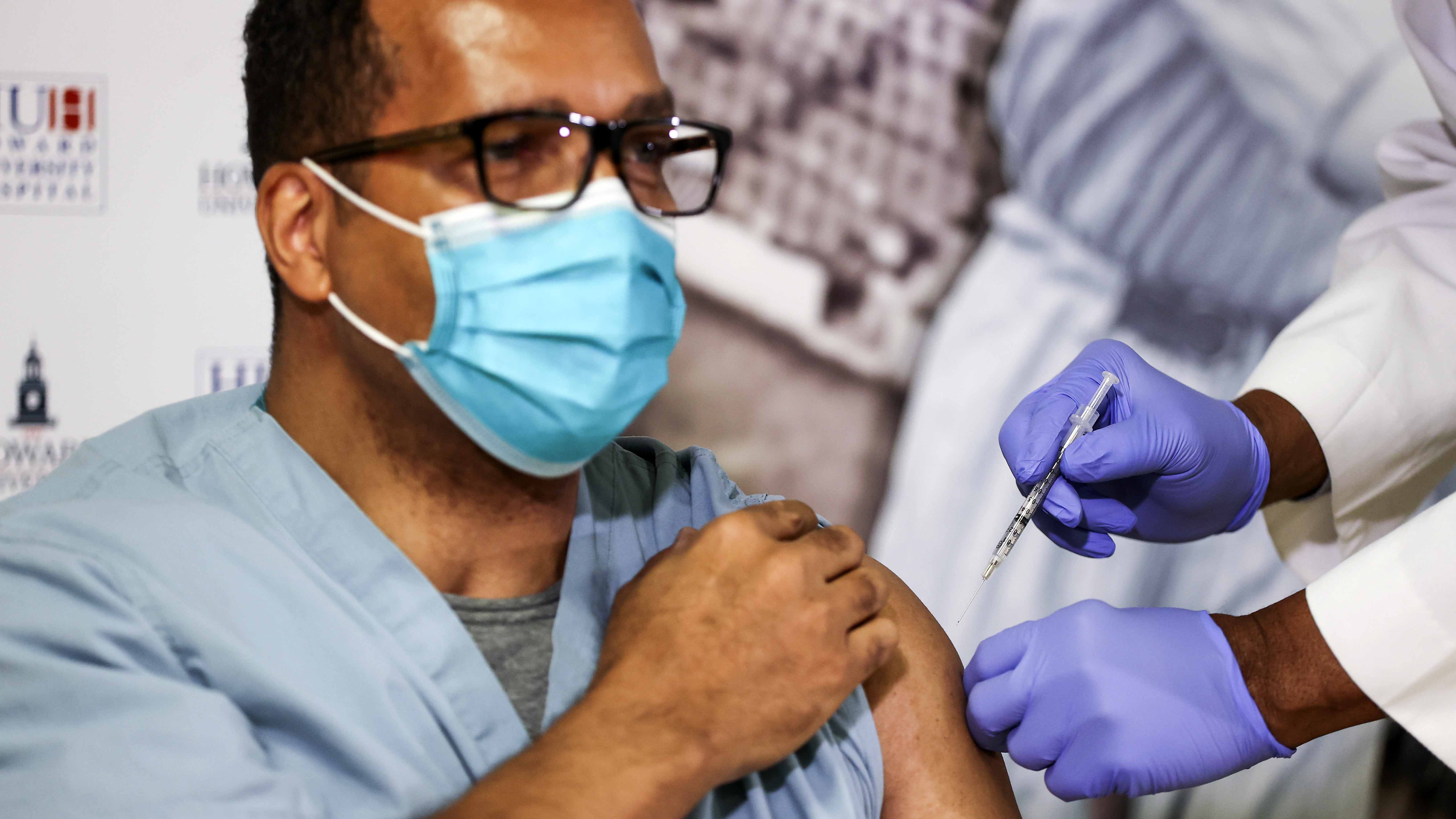Many hospitals across the country are overrun with COVID-19 patients and that means if your loved one is hospitalized, you may not be able to be there in person to advocate for them.
Carolyn Freyer Jones lost her father, Hugh Freyer, to COVID-19 on his 86th birthday in July.
She reached out to us after going through this situation herself.
“So many people are being thrust into this situation. I know how challenging it is,” Carolyn said.
He was hospitalized in New York, and she was in Los Angeles. Trying to navigate the complexities of his care from 3-thousand miles away was a very difficult challenge.
“I was constantly crying and trying to figure out if we were making the right choices,” she said.
Like so many families have done throughout the pandemic, Carolyn had to say goodbye to her father over an iPad. She advises others in the same situation to be persistent but respectful when calling the hospital.
“If I said, ‘Can you help me, this is my father or my mother needs to talk to him.’ That would do it because it’s like you’re connecting with someone. They’re busy, and I respect that, and it’s important to build a connection even in a stressful situation,” Carolyn said.
AnnMarie Mcllwain is a professional patient advocate. Families hire her to help communicate with doctors.
“Don’t give up. Don’t be afraid to ask,” Mcllwain said.
But even if you can’t afford a professional, there are some tips to help you handle difficult conversations with medical staff.

When you call, ask for the floor nurse or doctor in charge and be ready to provide information that’s pertinent to your loved one’s medical care, like prescriptions they take or allergies they have and prepare a list of questions.
“You may have only 3 minutes, so you want to make sure every second of those 3 minutes count. Being organized is really key.” she said. “So people have the info they need to make well-informed decisions about their health and to avoid the would have, could have, should have, could have moments later on.”
Another sad reality during this pandemic that we might want to consider is authorizing a loved one to make medical decisions for us if we become incapacitated, such as those placed on a ventilator.
You can download that form online, simply search “medical proxy form California” and fill it out, get it notarized, and give a copy to your designated loved one.



